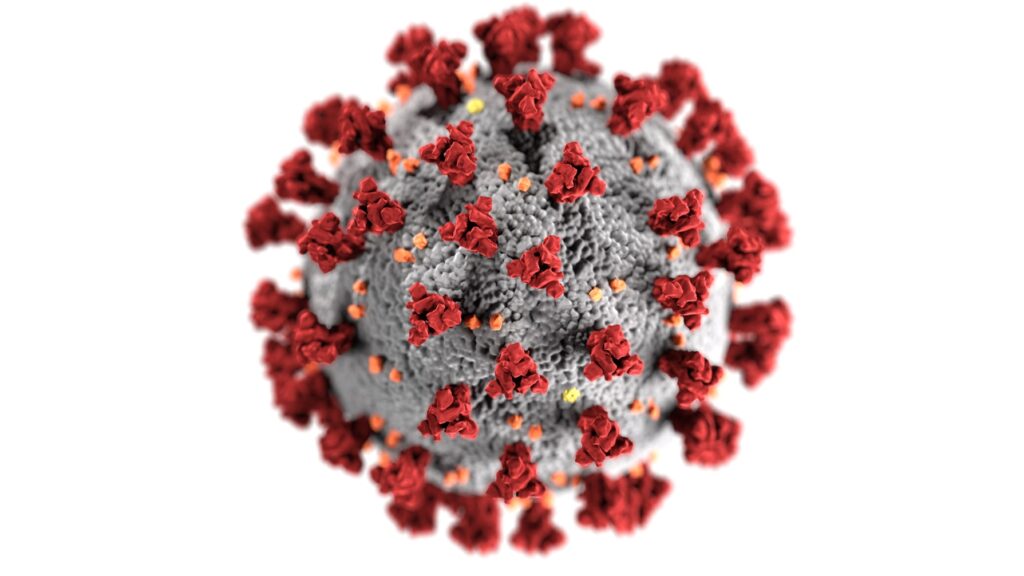Research
Paroxysmal nocturnal hemoglobinuria (PNH) is a rare acquired disorder of hematopoietic stem cells, characterized by hemolytic anemia, bone marrow failure, and thrombosis. A multinational phase III study reported that eculizumab, C5 monoclonal antibody therapy, effectively prevents complement attacks in patients with PNH who suffer from severe hemolytic attacks. As a result, both the levels of complement-induced hemolysis and quality of life (QOL) in patients with high disease activity have improved dramatically.


PNH and covid-19 research
Do PNH patients have the same resistance to Covid-19 as other people? If a PNH patient gets Covid, how does the disease progress? How does eculizumab affect this disease progression? How do PNH patients react to the corona vaccines? Here you can read the research we have found on these topics.
- COVID19 infection in patients on anticomplement therapy: The Leeds National Paroxysmal Nocturnal Haemoglobinuria service experience
- Terminal complement inhibition dampens the inflammation during COVID19
- COVID 19 Infection in a patient undergoing Treatment for Paroxysmal Nocturnal Hemoglobinuria (PNH) with Ravulizumab
- Internet based patient survey on the consequences of COVID-19 lockdown on treatment and medical follow-up of patients with aplastic anemia or paroxysmal nocturnal hemoglobinuria in Germany
- The Aplastic Anaemia Trust has published the results of the research undertaken by the University of Leeds and the PNH National Service on the effectiveness of COVID 19 vaccines on PNH and AA patients. There is also a video presentation and discussion on this topic.
other pnh research
Recently, an increasing number of research in PNH and the burden of this illness has been conducted. In some of the research projects and publications, patient representatives were involved. These are some of the publications.
- Ethnographic Research Findings on the Everyday Challenges of People with PNH in Three Countries
- The burden of illness of patients with paroxysmal nocturnal haemoglobinuria receiving C5 inhibitors: clinical outcomes and medical encounters from the patient perspective
The burden of illness of patients with paroxysmal nocturnal haemoglobinuria receiving C5 inhibitors in France, Germany and the United Kingdom: Patient-reported insights on symptoms and quality of life
Addressing Inequality of Access to Biologics: What Is Your Role? A Patient (Advocate)’s Perspective on Biosimilars


quality of life
The PNH Global Alliance is committed to ensuring that the quality of life of patients is measured as accurately as possible in trials, patient registries and other studies. It is not self-evident that higher blood values (e.g. hemoglobin) lead to less fatigue and the ability to concentrate better; this must be demonstrated with a sophisticated measuring instrument, such as the QLQ-AA/PNH 54. A report about this instrument has been created: Design and development of a disease specific quality of life tool for PNH patients. Read the document here.
Patient representative Pascale Burmester from Germany was interviewed by Dr Jens Panse about the meaning of the AA and PNH specific Quality of Life Questionnaire (QLQ -AA/PNH 54). Watch the video of the interview for more information! Subtitles are available in different languages. Please select a language in the settings of the video.
Here is the current QLQ AA/PNH 54 quality of life questionnaire for patients with AA and/or PNH which measures how they have been feeling recently. Patients are asked to try to answer as many of the questions as possible by ticking one of the four boxes. Download the document with questions here.
Click the button below to read how the QLQ AA/PNH 54 is being used in Japan.
clinical trials
Three times a year we update our overview of clinical trials in PNH taking place in each country. For the latest information on clinical trials you may want to go to the source of our overview which can be found here.


wellbeing
Wellbeing encompasses many strands including diet, sleep, exercise and management of stress levels. A number of PNH patients report that stress makes their symptoms worse.